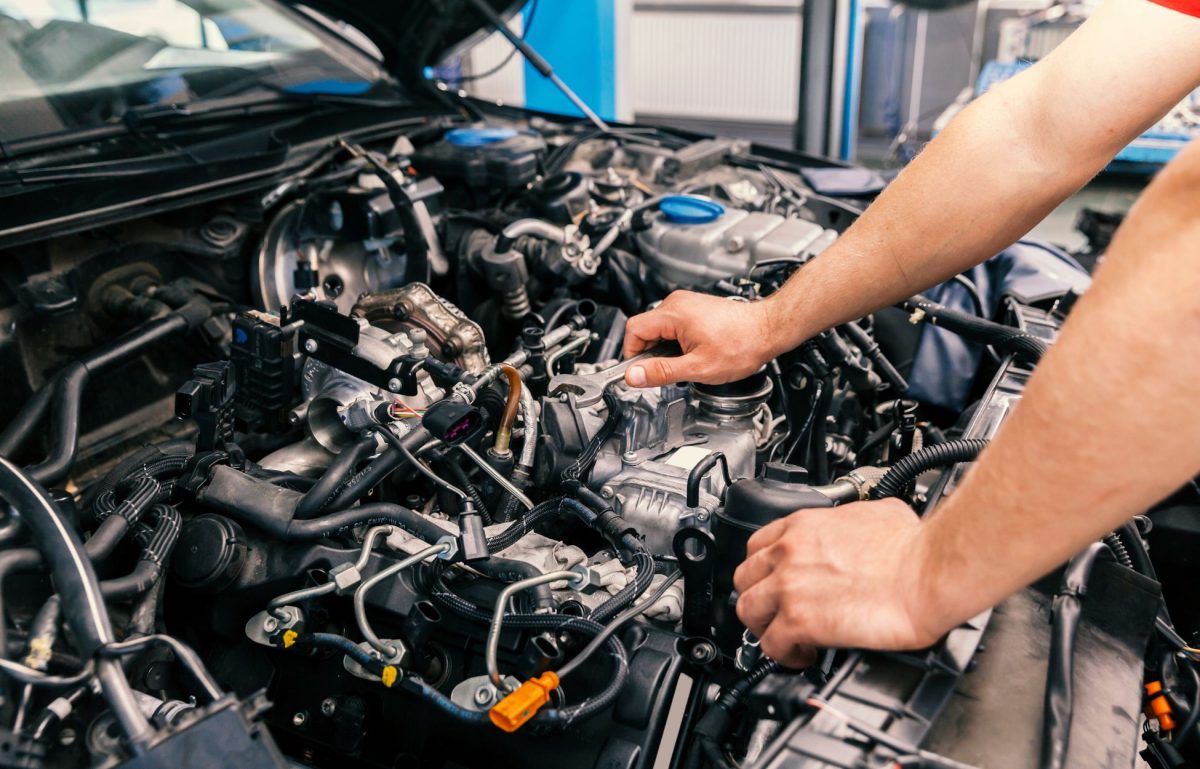Diesel engines may be similar to gasoline engines in a few ways, but they are very different machines with their own fuel composition and methods of combustion. If you’re new to using diesel, you may not understand how the moving parts work, and you’ll likely encounter an issue and not understand the cause. Here are some of the most common problems with diesel engines and how you can address them.
Difficulty Starting
There may be times when you have trouble getting your diesel engine going, especially during the colder season. Unlike gasoline engines, which use sparkplugs to ignite the air and fuel mixture, diesel engines create combustion through pure fuel compression. If your compression is too low, it may not ignite the fuel mixture, leaving you with no power.
You should always check the fuel gauge and ensure that your pistons are in working order. The pistons are some of the most important parts of a diesel engine and are essential for keeping your engine running, so you want to take care of them.
Visible Smoke
Smoke is one of those things that’s very rarely a good sign. If there’s smoke coming from your car, you’re probably dealing with one of the most common problems with diesel engines. What may help you is that the color of the smoke can give you a rough idea of what problem you’re experiencing.
White smoke may be a result of weak engine compression. Black or dark gray smoke is typically a problem with your air filter, and blue smoke most frequently comes from burnt oil, meaning that your cylinders or piston rings may need changing.
Overheating
An overheating engine is always trouble. Unfortunately, there are so many different reasons why your engine could be experiencing this that it’s much harder to narrow down. Some of the most common causes are a failing water pump or a broken radiator hose. Sometimes, your engine may just need time to adjust to the new coolant. If the problem persists, you may need to bring your car to a certified mechanic.













